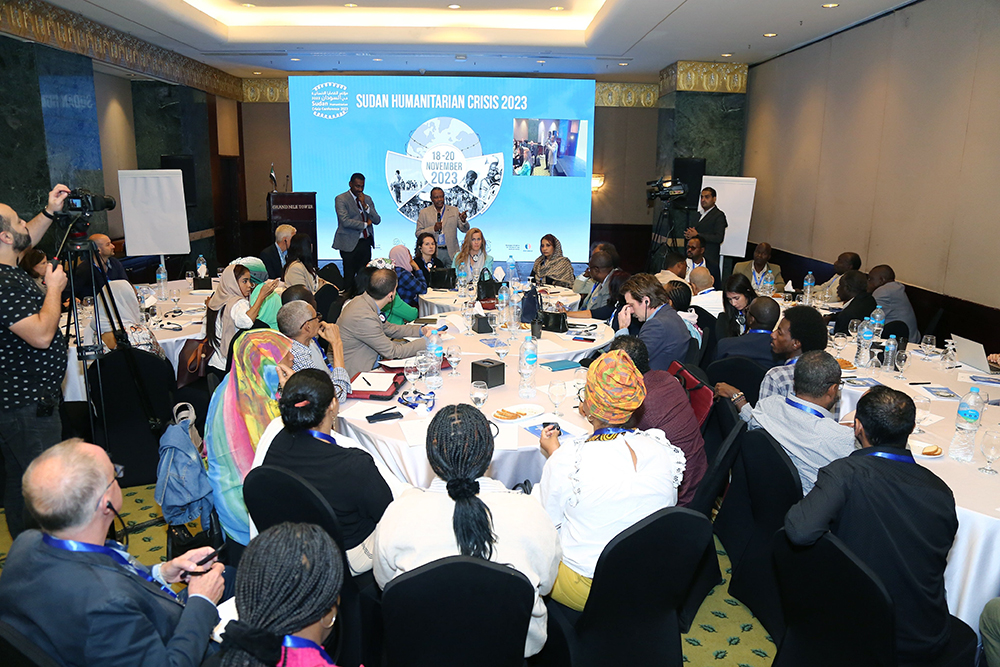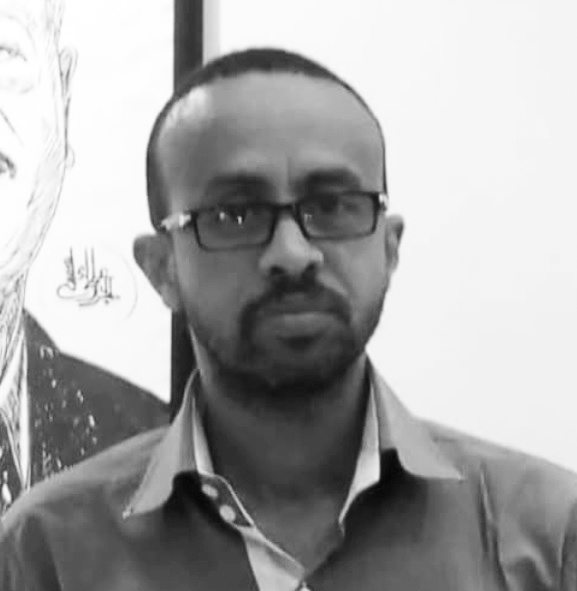
Sudans War in the International Mind
Khaled Massa
In these days, the world holds remote control devices in its hands, navigating through display screens, and decision-makers pause at events that prioritize their attention. Media outlets wield their professional hands to draw "lines" according to their weight and importance on media platforms, based on what is crucial on the tables of the worlds events drivers.
The geopolitical situation in Sudan imposed that the war ignited since mid-April last year have effects beyond the geographical boundaries called Sudan. It didnt take long for its flames to be felt in neighboring Eritrea, prompting Cairo to reconsider its crossings with Sudan. Once distant capitals like Juba, Nairobi, Tripoli, Addis Ababa, and Asmara, which were never far from any Sudan-related headache, now face the serious illness of war reaching Khartoum.
Other capitals were initially concerned about the Sudanese issue before the outbreak of the April war for the same reasons related to impacts and interests. Jeddah and Abu Dhabi were present in Sudans political file, and Washington was also present with all its weight, motives, initiatives, and mechanisms, whether tripartite or quartet.
The conflicting parties did not content themselves with the rhetoric of the sharply polarized war, creating a situation of alignment that divided the Sudanese internal into two parts. What the blacksmiths of the April war have wrought extended beyond, creating an international state of confusion that we see now.
"Not again," this should be our outcry to the region and the world, letting them know that we are not ready to repeat the experience of international silence on crimes and violations associated with war, as this silence alone gave the perpetrators the green light to repeat what began in 2003. We are not ready to accept a replay of the escape from accountability in crimes that touched the ceiling of the classification of war crimes and crimes against humanity.
When statements come from "Clementine Nkweta Salami," the United Nations Humanitarian Coordinator in Sudan, describing the humanitarian situation left by the April war as "approaching absolute evil," the world should take notice. It should act according to the humanitarian compass, indicating that civilians in Sudan are paying the cost of this international procrastination regarding the humanitarian situation.
If the world were to look at the briefing presented by the Integrated Transition Assistance Mission in Sudan (UNITAMS) for the period from August to the end of October, specifically in section (c) on Sudans human rights situation, which documented 345 incidents in the reported period affecting 2,672 victims of human rights violations and violations of international law, it would grasp the severity of what is happening in Sudan. Survivors of these incidents face the risk of famine, and approximately 3 million Sudanese are threatened by the cholera epidemic, according to a statement from the World Health Organization in a healthcare system that has completely collapsed.
It is certain that what is happening in Sudan is not the result of an internal political conflict for power; military tools were not only used, but external factors are intertwined, either participating in its creation or contributing to its escalation. The Sudanese people bear the cost, and thats why the international mind needs to adjust its perspective and reassess its ranking in the list of priorities, preserving sovereignty and national will to restore Sudans positive and influential role in the region.
The international mind should read the obstacles placed in front of the peaceful negotiation path and understand that the seeds of war rhetoric and hatred in Sudans war will be sown in the fragile region as long as the matter is not promptly addressed.
"Not again" should be heard by regional organizations so that the scenario of their failure to address the problems of regional countries is not repeated. They should not appear as incapable of silencing the sound of guns on the continent and building new pillars for democracy that respect the will of the people.
The international mind should read what was discussed at the "Conference on Humanitarian Issues in Sudan," held in Cairo in November, to understand the true impact of the war and realize that the situation has surpassed all red lines. The Sudanese humanitarian appeal is now a duty of response.


